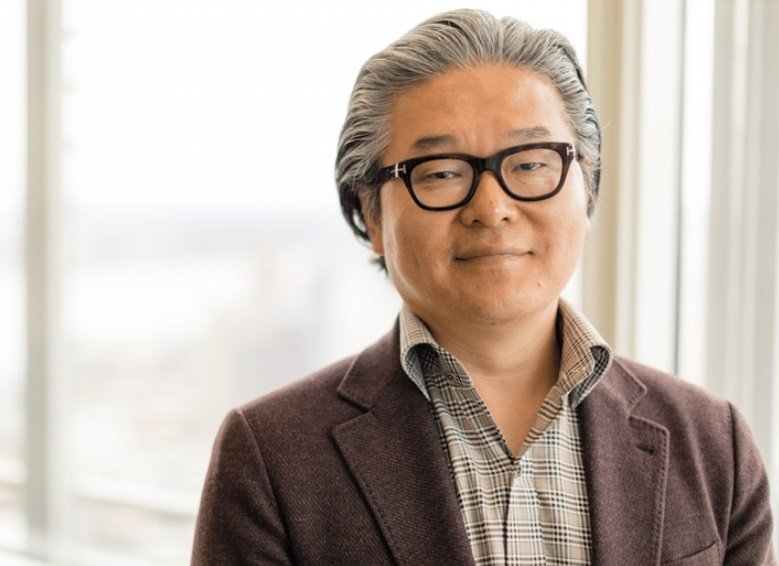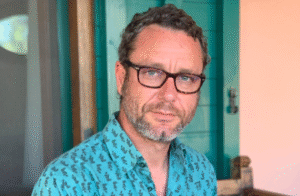Bill Hwang: from financial visionary to central figure in the Archegos Capital collapse

Bill Hwang de visionario financiero a protagonista del colapso de Archegos Capital
Bill Hwang, whose full name is Sung Kook Hwang, is a notable figure in the global financial world, primarily for his trajectory managing large-scale investments and hedge funds. Born in South Korea and later emigrating to the United States, Hwang has left an indelible mark both for his successes and for the controversies surrounding his career, particularly the collapse of his firm, Archegos Capital Management.
Early years and academic background
Bill Hwang grew up in a South Korean family that valued education and hard work. His father was a pastor, which influenced Hwang’s strong moral and religious foundation. This background would later connect him with prominent Christian leaders, such as pastor John Piper.
Academically, Hwang attended the University of California, Los Angeles (UCLA), where he earned a bachelor’s degree in economics. He then pursued a master’s in business administration (MBA) from Carnegie Mellon University. These institutions equipped him with the tools and knowledge necessary to enter the financial world, which would become the central focus of his career.
Early career in finance
Hwang’s financial career began in the 1990s when he joined Peregrine Securities in New York. However, a more significant turn came when he joined Tiger Management, the renowned hedge fund led by legendary investor Julian Robertson. Hwang worked closely with Robertson, who became his mentor and eventually entrusted him with managing part of the firm’s investments.
When Tiger Management closed in 2000, Hwang leveraged his experience and connections to launch his own hedge fund, Tiger Asia Management, with Robertson’s support. Tiger Asia quickly stood out for its focus on Asian markets, delivering strong returns during its early years.
Creation of Archegos Capital Management
After liquidating Tiger Asia Management due to regulatory issues, Bill Hwang founded Archegos Capital Management in 2013. This family office operated more quietly than its predecessor, focusing primarily on large leveraged bets in U.S. and Asian equities. Over time, Archegos became a powerful player in financial markets, moving billions of dollars through derivative contracts and swaps.
Financial success and investment strategies
Hwang’s business model, both at Tiger Asia and Archegos, relied heavily on leverage. This approach allowed him to make substantial investments with relatively small amounts of initial capital, multiplying gains when investments performed as expected. Such a strategy demands precise execution and deep market analysis—skills Hwang demonstrated consistently, allowing him to accumulate considerable wealth over the years.
His knack for identifying opportunities in emerging markets and navigating complex derivative instruments earned him the respect of his peers. However, this success came with substantial risks that would ultimately lead to his firm’s downfall.
The collapse of Archegos Capital
Hwang’s success came to a sudden halt in March 2021. The highly leveraged fund suffered massive losses when several of its large positions, including shares in ViacomCBS and Discovery, plummeted in value. Due to Archegos’s use of complex financial contracts, these losses were greatly magnified, resulting in a forced liquidation of its positions by multiple banks.
The collapse did not only affect Archegos—it also inflicted multibillion-dollar losses on major global banks such as Credit Suisse, Nomura, and UBS, which had significant exposure to Archegos’s trades. Combined losses across institutions were estimated to exceed $10 billion.
Repercussions in the financial sector
The downfall of Archegos triggered a wave of regulatory investigations in the United States and abroad, highlighting the dangers of excessive leverage and the lack of transparency in derivative trading. While Hwang did not initially face criminal charges, the scrutiny focused on his practices and those of the banks involved.
Despite Archegos’s collapse, Bill Hwang’s impact on the financial sector remains significant. His ability to deploy vast sums through innovative financial structures was both a strength and a vulnerability, and his legacy will continue to be examined by financial analysts in the years to come.







